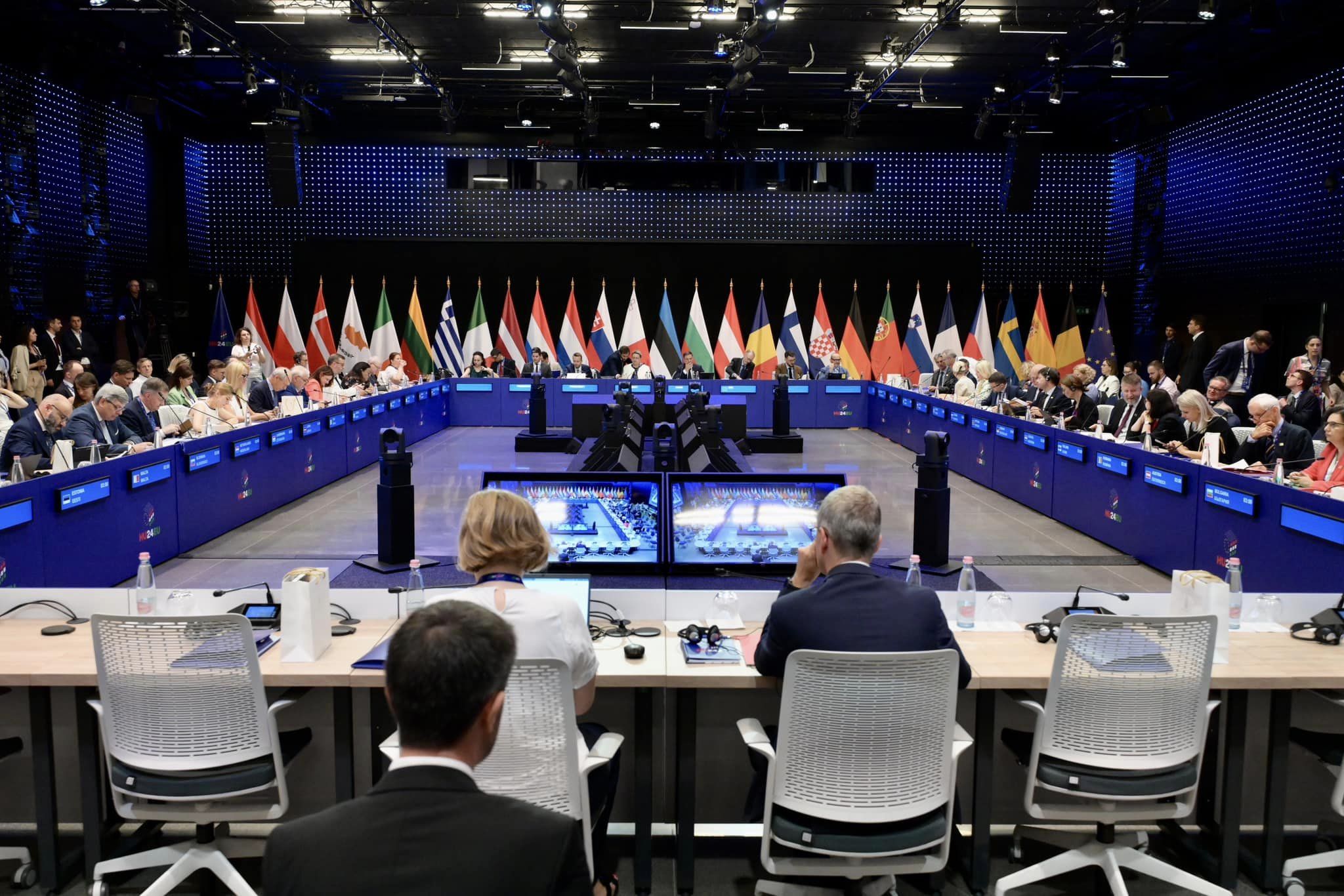
The chairman of the MOL Group's supervisory board called for industry and decision-makers to work together.Continue reading

The European Union’s legislative competitiveness was the central topic of Tuesday’s informal meeting of EU justice ministers in Budapest, the Hungary’s Justice Minister said at a press conference after the meeting.
Bence Tuzson stressed that they had had a successful working day, one of the main objectives of which was to put real issues on the EU agenda that could have a positive impact on its functioning in the long term. “One of the most important tasks is to strengthen the EU’s competitiveness, that may seem like an economic issue, but the focus must also be on the EU’s legislative competitiveness, meaning that EU legislation must serve and underpin competitiveness,” he said.
The discussions had identified a number of areas that could boost competitiveness in the EU, such as simplifying the legislative process and legislation and making it more transparent.
The majority of EU countries present agreed with the ideas, and creative work has started, he politician informed the press.
”If we don’t act now, we will end up lagging behind the United States of America and China, or other competitors, so the European Union must also take action in the field of competitiveness and in the field of law, because we don’t talk about it much, but law is also a very… pic.twitter.com/nhB3RZ45Qr
— Hungarian Presidency of the Council of the EU 2024 (@HU24EU) July 23, 2024
The possibility of using artificial intelligence (AI) in the field of law was also examined at the meeting. “We reviewed examples on how AI can be used in judicial practice, in the administration of justice, in order to make the enforcement of justice more efficient,” he said, mentioning the case of anonymization of documents to be released as an example. The minister pointed out that while AI can be of great help, decisions must always be made by humans, and that AI can contribute to the development of fundamental rights, but it is important that it does not limit their enforcement.
Another use of AI is to review legislation, as a growing number of laws is being created in the EU, leading to legal opacity,”
he noted.
“In Hungary, a project has already been launched in which AI helps people to find their way around legislation, showing them which law to apply and what the practice is in case of legal problems,” the minister said.
The meeting also covered strategic guidelines, the main focus of European legislation in the coming period. The ministers present launched a reflection on the need to focus on competitiveness, transparency of the legal system and the enforcement of fundamental rights.
Via MTI, Featured image: Facebook/Tuzson Bence